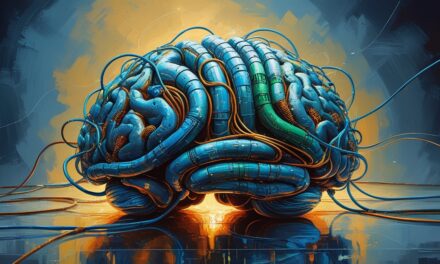UKG, a global provider of HR and workforce management solutions, has identified three key megatrends set to shape the workplace in 2025.
The findings, based on research and discussions with HR leaders, highlight how organisations can address labour shortages, improve employee engagement, and integrate AI effectively into their operations.
As businesses navigate an evolving workforce landscape, the report outlines strategies to adapt to shifting talent acquisition practices, employee expectations, and technological advancements. With a growing skills gap and increased competition for talent, organisations will need to rethink hiring, engagement, and productivity to remain competitive.
Reimagining Talent Acquisition
By 2030, up to 85.2 million jobs worldwide could remain unfilled due to talent shortages. This is driven by demographic changes, skills gaps, and evolving expectations from workers. To address this, businesses are encouraged to adopt skills-based hiring, prioritising candidate capabilities over traditional experience.
Companies will also need to explore underutilised talent pools and invest in reskilling and upskilling initiatives to ensure workforce stability. With a high percentage of employees considering job changes, proactive measures to attract and retain talent will be crucial.
Improving Employee Engagement
Employee experience is becoming a key factor in retention, as more than half of the workforce is considering new opportunities. Businesses must focus on creating a workplace culture that prioritises trust, recognition, and personal development.
Traditional engagement surveys may no longer be enough. Instead, organisations are encouraged to implement continuous feedback mechanisms to understand employee needs. Personalised benefits and flexible working arrangements will play a significant role in fostering inclusion, empowerment, and innovation. These factors will contribute to increased productivity and overall business performance.
AI’s Role in Workplace Productivity
The integration of AI in workplace operations is set to expand in 2025. However, successful adoption will require businesses to focus on enhancing, rather than replacing, human decision-making. AI tools should be used to create a more collaborative work environment where employees feel supported rather than displaced.
Ethical and transparent AI usage will be critical. Balancing technology with human intuition can help companies develop a people-centric approach that drives both efficiency and engagement. Businesses that prioritise trust, inclusion, and employee well-being alongside AI adoption will be better positioned to attract and retain talent.
Balancing Technology and Human-Centric Strategies
Neil Pickering, Senior Manager HR Innovation at UKG, spoke of the need for organisations to rethink their approach to workforce challenges. He highlights that 39% of UK workers are considering job changes and that the global skills gap continues to impact productivity.
“AI will play a transformative role, but the emphasis must remain on human-centric solutions. Technology should support people’s abilities rather than replace them, creating a culture where trust, inclusion, and engagement thrive,” he said.
“Companies that can successfully integrate AI while investing in skills-based hiring, reskilling, and employee wellbeing will not only overcome labour shortages but also create workplaces that attract and retain top talent. The future belongs to organisations that invest in their greatest asset – their people.”






